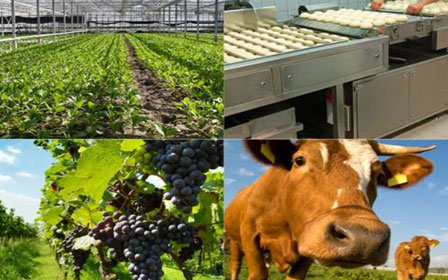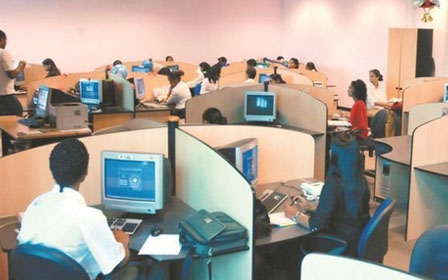Tourism is now considered to be the central pillar of the economy following the decline of the sugar industry. Economic growth over the last 30 years due to the development of Mauritius from a low-income economy based on agriculture into a middle-income diversified economy has been attributed to the expansion of the luxury tourism sector.
Mauritius is home to over 20 international hotel chains which amounts to over 100 hotels, and the Government has been keen to emphasize low-impact, high-spending tourism, so as to maintain the island’s up-market profile as a luxury beach holiday destination. However, although luxury hotels still dominate the sector, the industry has expanded and diversified and now includes a wider range of accommodation, from more simple hotels and business hotels, to bed and breakfasts, villas, and apartments. Airbnb is also now an option on the island.
The Ministry of Tourism and Leisure, and the Mauritius Tourism Promotion Authority (MTPA) oversee the tourism sector and promotes Mauritius as a tourist destination in partnership with the local tourism industry, through advertising and activities abroad and locally.
Tourism is likely to remain an important constituent of the Mauritian economy as a significant source of its foreign exchange revenues, and many forecast that tourism will continue to grow with further diversification of the industry, especially with the development of the eco-tourism sector.








